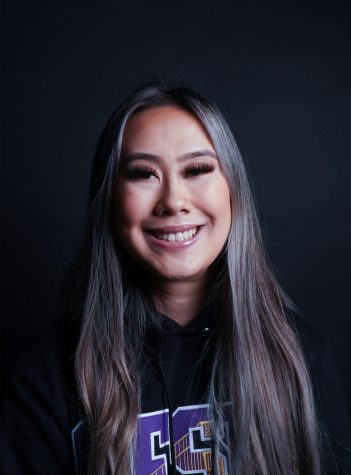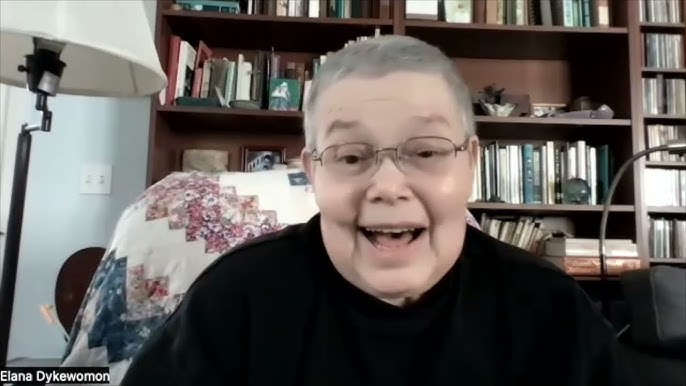
SF State remembers educator and influential writer Elana Dykewomon
Among her many titles, Dykewomon was an award-winning author, poet, essayist, Lesbian activist and teacher at SF State.
Sep 15, 2022
Surrounded by her loved ones in her Oakland home, Elana Dykewomon was preparing to virtually watch a performance of her first play “How to Let Your Lover Die” according to a memorial by The New York Times. The play was a part of the 2022 Bay Area Playwrights Festival, held in San Francisco.
“How to Let Your Lover Die” is based on the real-life, emotional journey of love, acceptance and grief that she felt when she slowly lost her partner, Susan Levinkind, to Lewy Body Dementia in 2016.
Just 20 minutes before the performance started, Dykewomon passed away from her battle with esophageal cancer on Aug. 7, after being diagnosed nearly a year before.
Dykewomon was born Elana Michelle Nachman in Manhattan, New York on Oct. 11, 1949. She and her two siblings grew up in a Jewish, middle-class family.
During her academic career, Dykewomon received a BFA in Creative Writing from the California Institution of Arts in Santa Clarita in 1971 and an MFA from SF State in 1997.
After receiving her MFA, Dykewomon went on to be a Graduate Teaching Associate for SF State’s Creative Writing Department before teaching composition for the English Department.
According to Maricel Santos, English Department Chair and professor, Dykewomon taught for over a decade. She was also involved in the Women & Gender Studies Department.
Dykewomon’s first novel “Riverfinger Women,” won the Lee Lynch Classic Award in 2022, 48 years after its publishing date in 1974. Her second novel “Beyond the Pale,” won the Lambda Literary Award for Lesbian Fiction in 1998.
Beyond the Pale also served as Dykewomon’s master’s thesis. Her thesis advisor was Maxine Chernoff, SF State Professor and Graduate Advisor.
“Elana was very studious, hardworking and serious about her writing,” Chernoff said. “She was already a published novelist when she came to our program, so she already had the work ethic and standards that one needs to succeed as a writer.”
According to Chernoff, the title was derived from the Pale of Settlement, an area in Russia where Jewish people were forced to live starting in the 18th century through the end of the 19th century. The setting is based in New York during the historical Triangle Shirtwaist Factory fire that occurred in 1911.
“She created value not only in the imagined and lived experiences of queer Jewish women, but she also signaled a sea change in how queer Jews represented themselves,” said Kitty Millet, Chair of the Jewish Studies Department and professor. “[This is] a value that has been both transformative, and continues to evolve for queer Jews ever since.”
Dykewomon was also the editor of the lesbian-based journal Sinister Wisdom for seven years. She also helped organize the San Francisco Dyke March.
“She was very devoted to both her career as a writer and her career as a teacher,” Chernoff said. “She was a very talented woman who was proud of her identity and heritage.”


